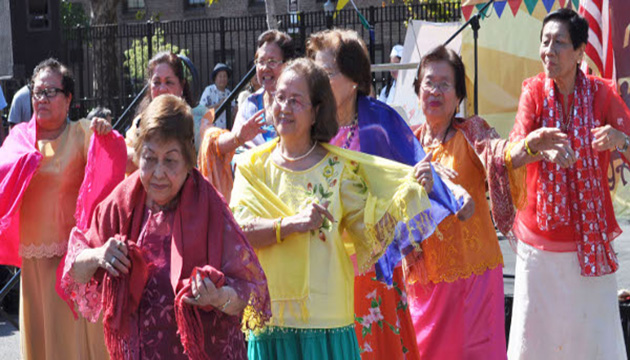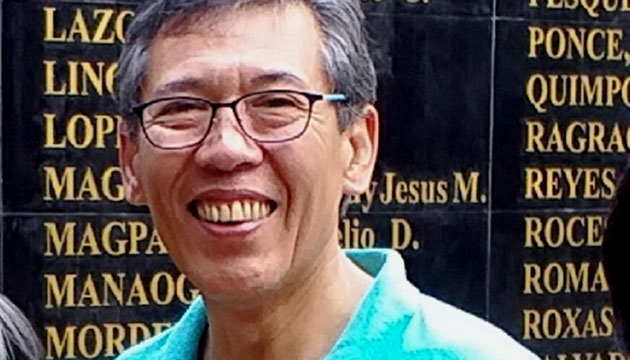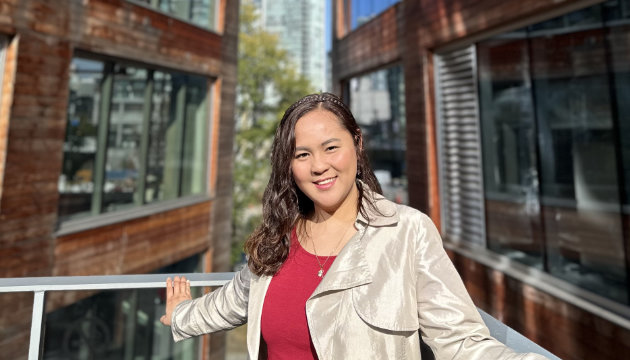The history of cannabis criminalization is firmly rooted in racial discrimination.
Even prior to Richard Nixon’s declaration on the war on drugs in 1971, Harry Anslinger, the head of the Bureau of Prohibition in the 1920s infamously stated “There are 100,000 total marijuana smokers in the U.S., and most are Negroes, Hispanics, Filipinos and entertainers. Their Satanic music, jazz and swing, result from marijuana use.”
Today, it is well understood that the enforcement of current cannabis laws only continue to disproportionately target people of colour, youth and marginalized communities. October 17, 2018 was a historic day for Canada, as it became the first G7 country to legalize cannabis for adult use. This presents a tremendous opportunity for growth and development as a nation, with Filipino Canadians uniquely positioned to play a key role, once cannabis prohibition is lifted.
While its therapeutic application dates back to 4000 BC, more Canadians today are turning to cannabis as a medicine and wellness product. According to Statistics Canada, from 2010 to 2063, the seniors’ share of Canada’s population will increase from just under 15 percent to more than 25 percent. Seniors are among the fastest growing demographic of cannabis consumers, therefore, Filipino Canadians with a strong foundation of cannabis knowledge working with elderly populations will find themselves at a great advantage.
Doctors, nurses, personal support workers and caregivers with cannabis proficiency will also be better positioned to provide optimum care to those they support, with cannabis being used to alleviate chronic pain, as a safe and effective sleep aid, to manage seizures or to elevate mood. Its medicinal use is even supported by the Philippines' Catholic Bishops, who stated that patients should be able to access cannabis "to manage pain especially in the last stage of their ailment".
With legalization also comes new and exciting career opportunities for Filipino Canadians, who are traditionally quick learners, adaptable, hard-working and future-focused. Just like any industry, it takes the power of people to run these new ventures - growers, trimmers, sales, accountants, lawyers, event planners, CEOs, safety inspectors, scientists, chefs and customer service representatives are just a handful of the many jobs that will be available. Canada’s cannabis tourism sector is predicted to skyrocket, with people from all over the world flocking to Canada as a vacation and business destination. Cannabis legalization will mean more reliable, consistent employment, providing paychecks for Filipino Canadian families and boosts to the economy.
As of October 17, adults in Canada of legal age can choose to partake in a product that is less addictive and harmful than tobacco or alcohol, and compares favorably to those drugs on nearly every health metric. While cannabis is not benign, fewer than 10 percent of those who try cannabis ever end up meeting the clinical criteria for dependence, compared to 32 percent of tobacco users and 15 percent of alcohol users. Other jurisdictions that have permitted cannabis for adult consumption have not seen increases in fatalities, youth and adolescence use or overall rates of highway accidents due to its legalization. Regulation of growth and sales of cannabis promotes consumer safety while reducing overall harm. Legalization helps to lift stigma and affords more opportunities for education, discussion and understanding.
Ancient societies and cultures around the globe have revered cannabis for its therapeutic properties, as well as its ability to bring people together. Despite the war on drugs, cannabis has and continues to flourish, for it represents compassion, caring and community. Filipino Canadians have a reputation of embodying these same characteristics, and as such are in the perfect position to take advantage of the many social and economical benefits legalized cannabis can bring.



 Abigail Sampson began her cannabis career as a volunteer with the Canadian Chapter of the National Organization for the Reform of Marijuana Laws, NORML Canada, the longest running cannabis advocacy group in the country. During her tenure, she rose to the ranks of Executive Director, the first female to hold this position.
Abigail presented as a witness before the Canadian Standing Committee on Health on Bill C45, the Cannabis Act. Abigail also appeared at Queens Park in response to Bill 178, an Act to amend the Smoke Free Ontario Act.
Abigail currently works as a Client Care Representative at Canopy Growth Corporation, providing in-person and support to those requiring guidance and education on medicinal cannabis.
Abigail Sampson began her cannabis career as a volunteer with the Canadian Chapter of the National Organization for the Reform of Marijuana Laws, NORML Canada, the longest running cannabis advocacy group in the country. During her tenure, she rose to the ranks of Executive Director, the first female to hold this position.
Abigail presented as a witness before the Canadian Standing Committee on Health on Bill C45, the Cannabis Act. Abigail also appeared at Queens Park in response to Bill 178, an Act to amend the Smoke Free Ontario Act.
Abigail currently works as a Client Care Representative at Canopy Growth Corporation, providing in-person and support to those requiring guidance and education on medicinal cannabis.









